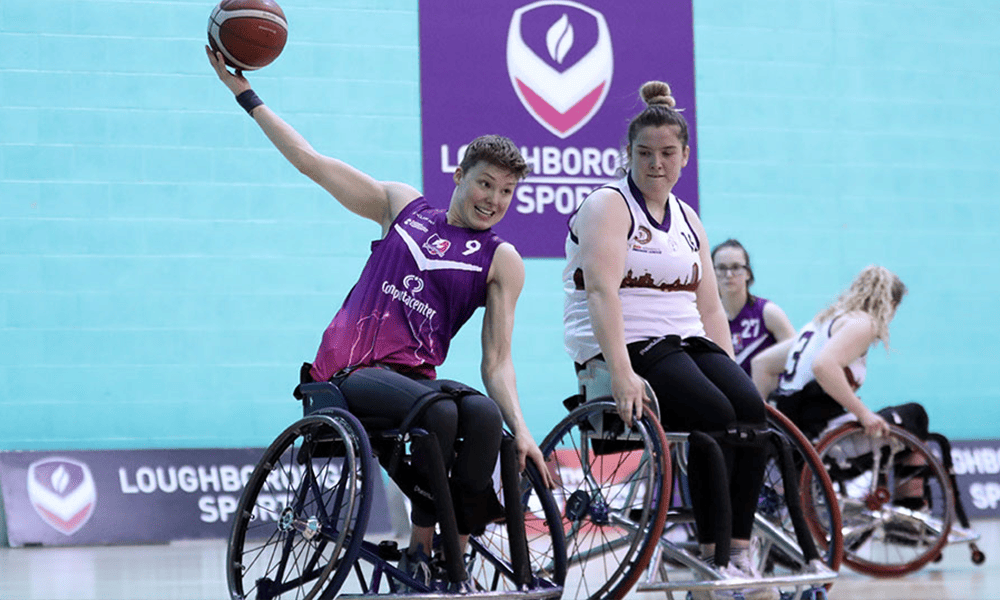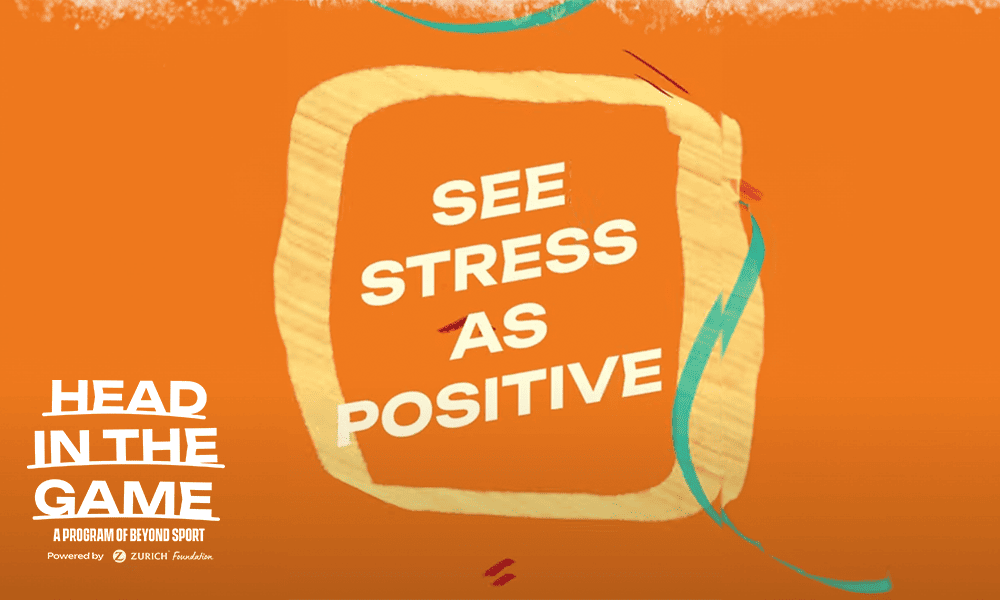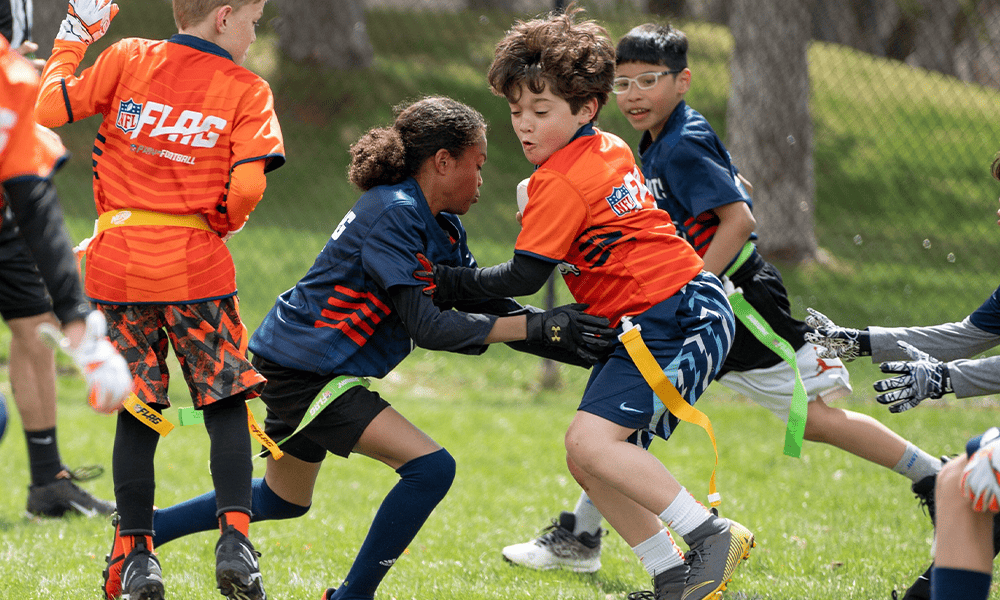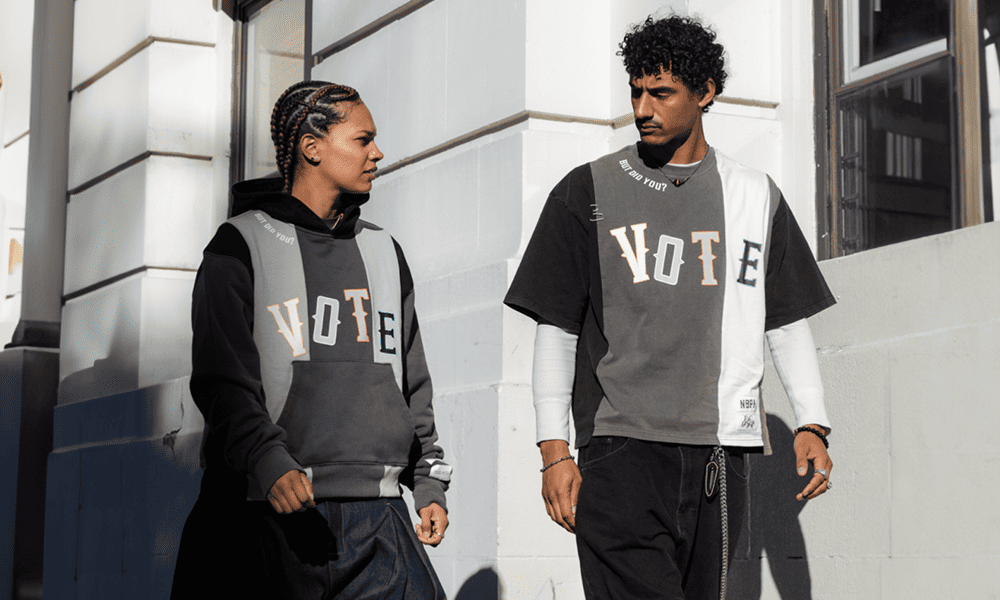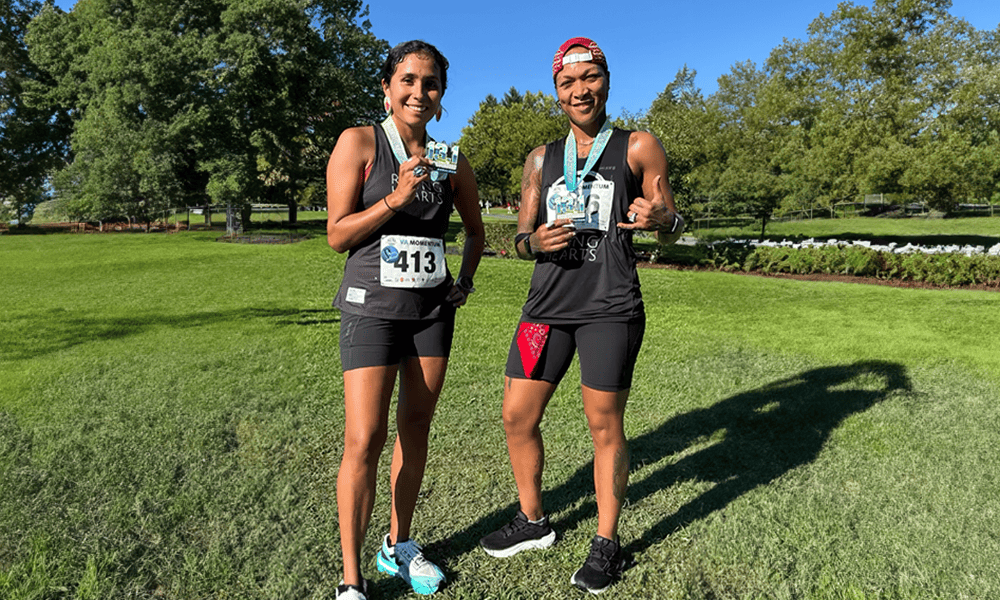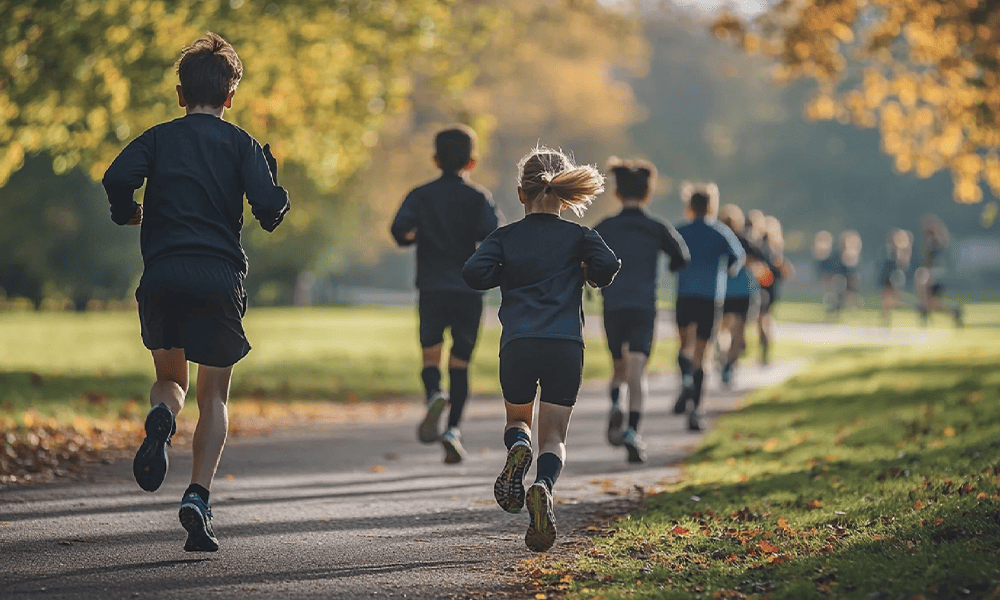April 22, 2022
At Beyond Sport, we firmly believe that when used with intention, sport provides strong solutions to the complex social issues that divide us – across communities, countries and conflicts. In this context, it is a powerful tool to advance human rights in the direst of circumstances. In our latest series, we’re highlighting just a few of the sport for development organizations in our network who are providing vital support, safe relocations, equipment and resources to those directly affected by crises around the world. Today, we’re featuring Goals Haiti and ITTF Foundation who have been supporting Haitians following the aftermath of deadly earthquakes, ongoing political turmoil and economic instability. We’ve also included links provided by the organizations with ways you can help. #SameTeam
THE CRISIS IN HAITI
Haiti has a tumultuous history, with multiple earthquakes destabilizing a country already stricken by poverty, violence and political chaos. In 2010 a 7.0 magnitude earthquake killed nearly 220,000, injured roughly 300,000 and displaced more than one million people. In August 2021, the Caribbean Island was hit with a 7.2 magnitude earthquake that crumbled homes and buildings, leaving around 650,000 people, including 260,000 children, in need of humanitarian assistance. Even as rescue teams bravely continue their relief efforts, flooding and landslides caused by tropical storms in addition to continuing seismic activity, are adding more misery to families who have already lost so much.
Compounding the environmental devastation is extreme socio-economic inequality, a history of political instability and escalating gang violence. These issues were further exacerbated by the pandemic and the assassination of Haiti’s President Jovenel Moïse in July 2021. In the aftermath of the assassination, violence has surged and extortion and street kidnappings for ransom are rising. According to the Center for Analysis and Research in Human Rights, 782 kidnappings were reported from January to October last year.
These worsening political and economic conditions for the country have led Haitians to desperately flee their country and seek asylum, which has been met with mass deporations by other countries. In October 2021, 14,000 Haitian migrants clustered at the Texas border and, in March 2022, a boat carrying around 300 Haitian migrants capsized off the coast of the US state of Florida. Most asylum seekers have been met with horrific treatment which has been condemned by the United Nations (UN). Further perpetuating the plight of Haitians is the high levels of acute food insecurity experienced by 4.5 million people. “Hunger levels are rising unabated as persistent political instability, growing inflation and recurrent disasters continue to conspire against the people of Haiti,” states the UN.
 GOALS (Global Outreach and Love of Soccer) was founded in 2010 following the disastrous earthquake. With the mission to use soccer to engage Haitian youth in community service and education to improve their quality of life and develop their leadership skills, GOALS focuses its programs in rural areas where the needs are the most severe and resources are extremely limited. We spoke to Executive Director Kathy McAllister about the organization’s humanitarian response in Haiti and how they are providing a lifeline through soccer and eduation.
GOALS (Global Outreach and Love of Soccer) was founded in 2010 following the disastrous earthquake. With the mission to use soccer to engage Haitian youth in community service and education to improve their quality of life and develop their leadership skills, GOALS focuses its programs in rural areas where the needs are the most severe and resources are extremely limited. We spoke to Executive Director Kathy McAllister about the organization’s humanitarian response in Haiti and how they are providing a lifeline through soccer and eduation.
Following the 2021 earthquake, which primarily affected the Southern region of the island, GOALS immediately responded with direct family support and supplies including water, food, medical and shelter. They were able to raise funds for six Haitian-led organizations working in local communities, directly support over 100 vulnerable families and help with home repair efforts.
“We have provided the resources and employed local labor to rebuild a total of 15 homes so far. One resident told us that ‘the government does not see us. It is the first time that help has come to our community after a natural disaster. Thank you for seeing us.’”
Thankfully, GOALS’ coaches and programs have not been interrupted by the insecurity, gang violence and general strikes that have disrupted other urban areas. They have been able to continue their core programs for girls and boys aged 8 to 18 across three rural communities focused on gender equality, inclusion, anti-bullying and self-care. They also have programs that educate on environmental stewardship to address climate change for vulnerable communities most affected by natural disasters. Kathy told us that the ongoing crisis in Haiti has created difficult conditions for everyone, however, GOALS provides hundreds of children and youth with a safe space to play and an opportunity to learn every day.
“When I speak with staff and program participants there is the feeling that without our programs kids would not have a positive outlet in their lives. The collective stress from living in crisis upon crisis is fatiguing and weighs on everyone in Haiti no matter where you are located. For youth to have a space to be kids, spend time with their friends, play a game and reduce that stress is more important now than ever before.”
Along with running 12 youth football teams, GOALS is continuing its Leveling the Playing Field Literacy Program, which won a Beyond Sport Global Award in 2016. Last year, they added a new on-field tutoring program in response to parents sharing that their children would miss soccer practice due to too much homework and no one at home to help. The project includes GOALS alumni in each community becoming tutors, and since its implementation, there has been an increase in attendance across GOALS’ programs.
“Sport has the power to bring people together and initiate dialogue. The love of soccer is what brings kids to our programs, and they end up becoming active in community and self-development, volunteerism and leadership training. We see their progress and their drive which is truly inspiring,” Kathy said.
“As we continue our work under such challenging circumstances, we take pride in knowing that we are part of a larger network of sport for development organizations from around the globe. Each is striving to make a difference through sport and work towards the U.N. Sustainable Development Goals.”
She also shared that the rising inflation and extreme gas shortages have created increased costs for all basic goods and resulted in the organization’s increasing need to cover the budget in order to reach more youth in need. GOALS’ immediate need is for soccer balls. They are down to only a handful to spread across the 400 children in their programs.
CLICK HERE TO SUPPORT GOALS HAITI
INTERNATIONAL TABLE TENNIS FEDERATION FOUNDATION (ITTF)
 FHTT (Fédération Haïtienne de Tennis de Table) is the ITTF’s partner in Haiti. Through the sport, they work to break down divides based on age, gender, culture, socioeconomic background and physical ability. They also believe that tennis can contribute to natural disaster recovery by providing safe spaces, fostering social integration and peace and improving the mental well-being of their young participants.
FHTT (Fédération Haïtienne de Tennis de Table) is the ITTF’s partner in Haiti. Through the sport, they work to break down divides based on age, gender, culture, socioeconomic background and physical ability. They also believe that tennis can contribute to natural disaster recovery by providing safe spaces, fostering social integration and peace and improving the mental well-being of their young participants.
The partners spoke to us about their relief efforts and their goal to strengthen sports programs at a school level to be able to adequately support children and young people. Nearly 70% of Haiti’s population is 30 years old or younger with 45% aged 11 to 19. Most are living in extremely difficult conditions, whether economic, social or due to a lack of access to education, resulting in concerns over meeting youth’s basic needs becoming a national priority.
Following the catastrophic 2010 earthquake, the organization begain a Haiti Recovery Project. As a first step, ITTF provided table tennis equipments in the refugee camps to help the large numbers of displaced and traumatized children. The highlight of the project was the Table Tennis (TT) in schools program, which supported hundreds of kids aged 9 to 20. The aid allowed ITTF to enroll 40 schools in the TT program and helped source key equipment such as tables, racquets, balls, shoes and more.
Insecurity in Haiti has increasingly disrupted education and other basic services to children. During the 2019 – 2020 school year, about 60% of all Haitian schools were closed for 60 days due to violent social unrest. And the rising gang violence and insecurity continue to prevent many children from going to school in urban areas in and around the capital. Last year, juveniles and minors made up a total of 3.6% of prisoners in Haiti.
The Foundation explained that the reality of the table tennis program is that it’s not just a sport activity. It’s also a health program, an education program, an anti-crime program and an anti-drugs program. Combined with monthly exhibition matches in different locations around the country, ITTF believes that the table tennis school program is providing emotional, social and educational support to tens of thousands of children during the challenging humanitarian crisis. Psychologically, it helps develop confidence, autonomy, decisiveness and mutual assistance. It also provides a safe outlet for excess energy.
FHTT supports school children through activities that help build self-confidence and self-discipline, believing that early interventions can reduce the risk that they will get involved in crime or anti-social behavior. “Sport is in fact, of vital importance to any society aspiring to spread the values of citizenship, solidarity and tolerance. The atmosphere of approval and the playful side of the sport can cause physically fragile players to transcend their limits of handling stress and emotions. It is a very healthy leisure activity with multiple benefits, both for physical and mental health, and most of all it can be made accessible to everyone very easily across a multitude of contexts, with some minor tweaks.”
“The corrosion of the country’s social fabric has reached an alarming level during the past years. Yet, hope is well alive. The many elements that contribute to the Haitian crisis render it very complex and make it difficult to work out a plan of action to circumvent them all, but we have not, are not and will not give up!”
ITTF’s Emergency Relief Fund (ERF) is the foundation’s means to respond to disasters. Along with the Haiti Recovery project, which supported displaced people and promoted psychosocial wellbeing, ERF has a long history of contributing to relief efforts through table tennis. The foundation believes that sport and play alone, certainly cannot ensure early recovery, development or solve complex social issues. However, the positive impact of sport and play, when applied in a systematic way, can make a real difference to those experiencing hardship.
The organization plans to expand its support in Haiti. In 2020, a special campaign to seek sponsors both in the local private sector and within the Haitian Diaspora began with new concepts such as the “Je suis Pongiste!” Campaign, exhibitions in five star hotels and other sites, radio and television shows, etc.
“We truly believe that sport, when used correctly, intentionally, and with a clear plan in mind, can positively affect the lives of those who need it the most. To do this however it needs to be made accessible to those who are the most disadvantaged, the most marginalized, and we need to do this while working with them to understand what their specific needs are.”
